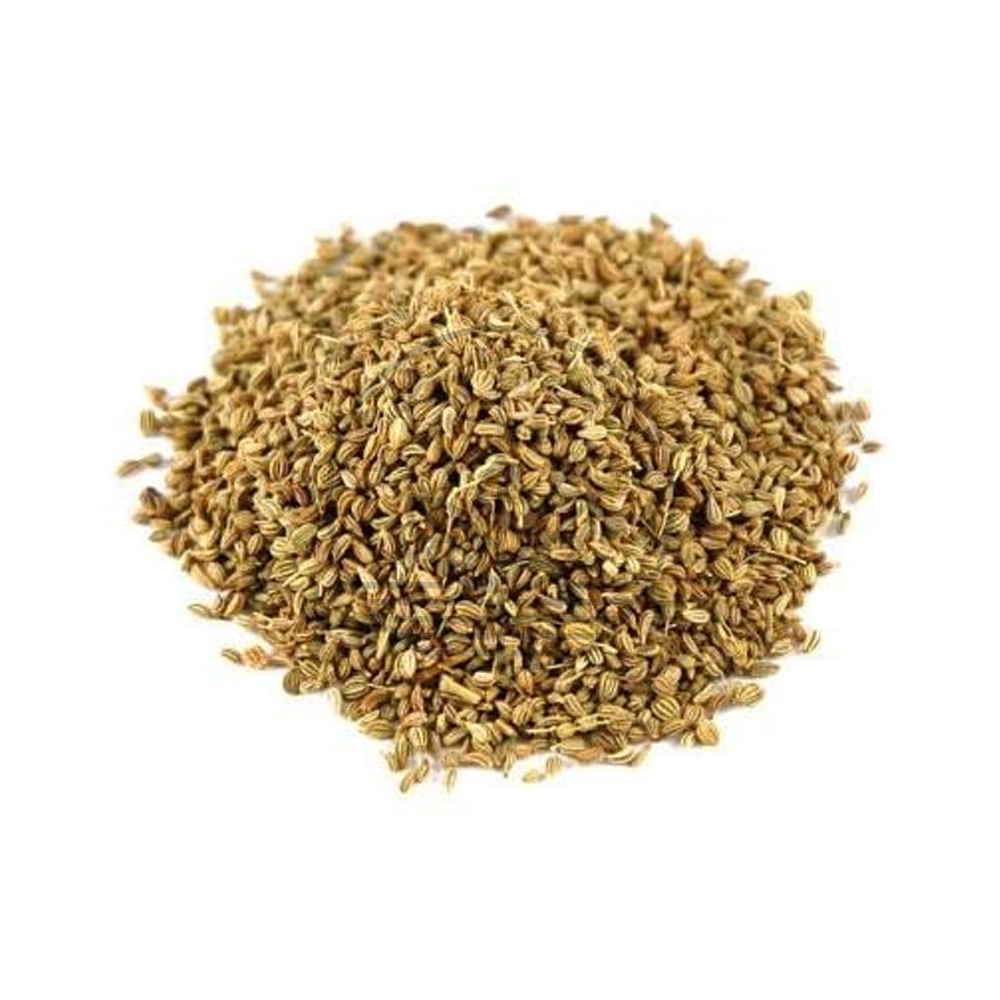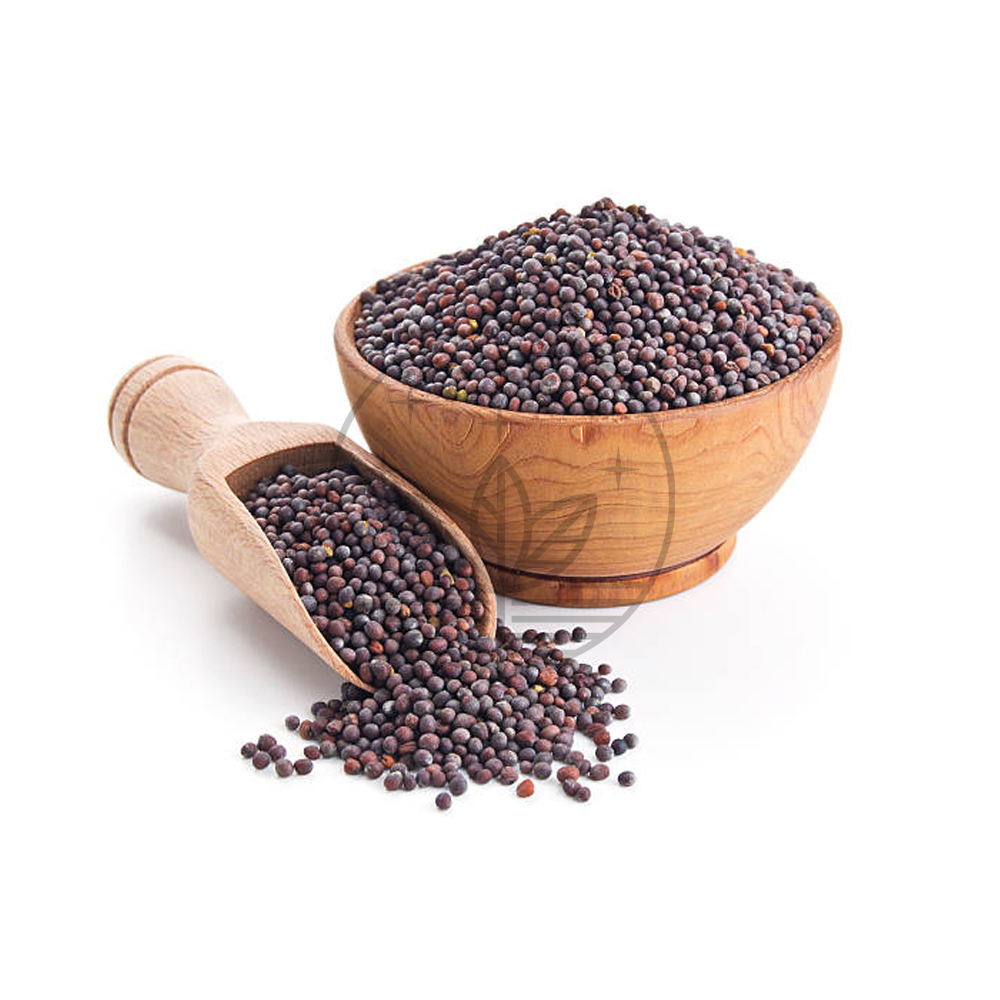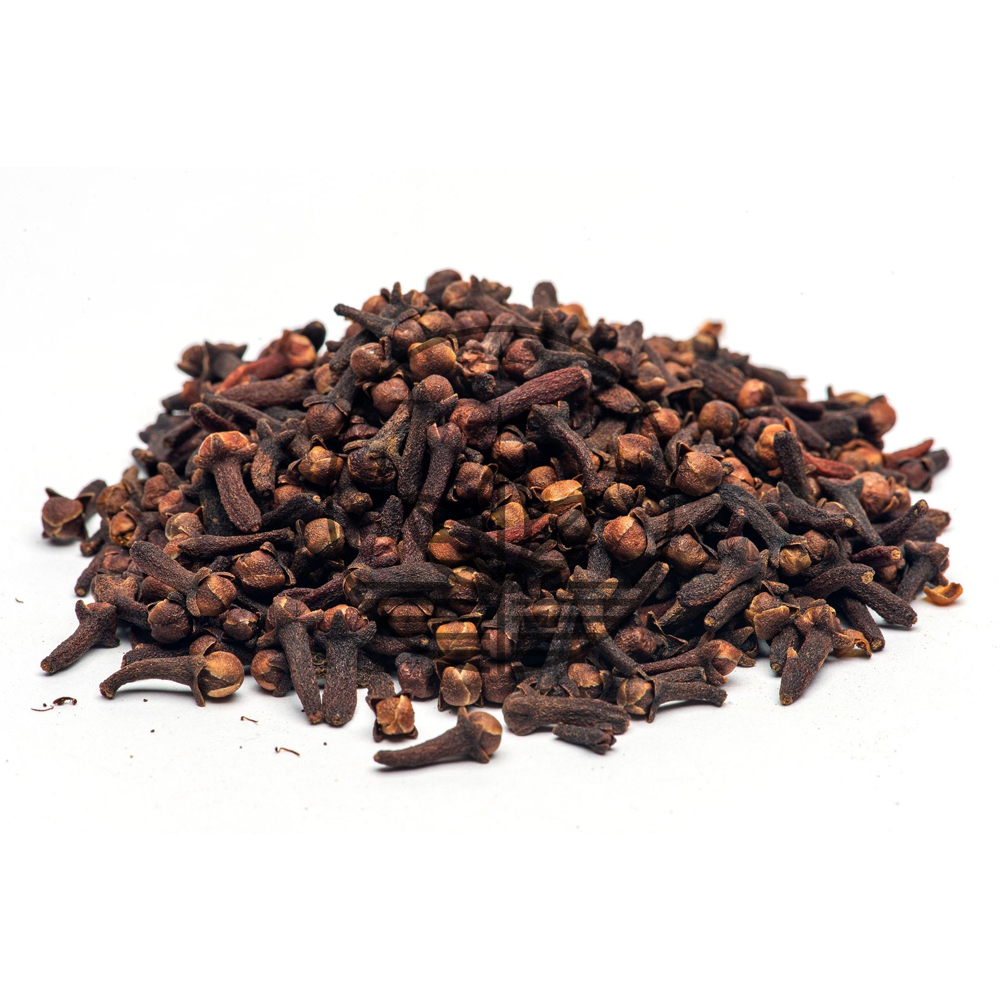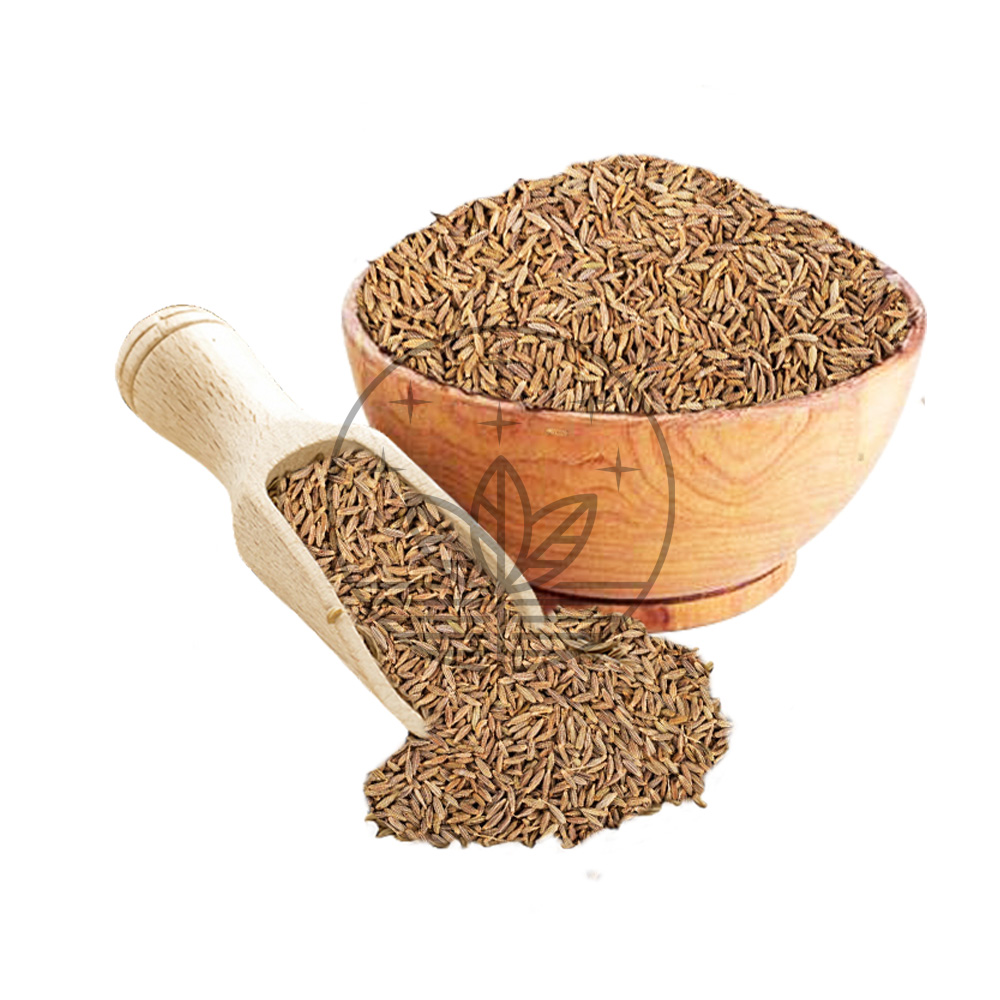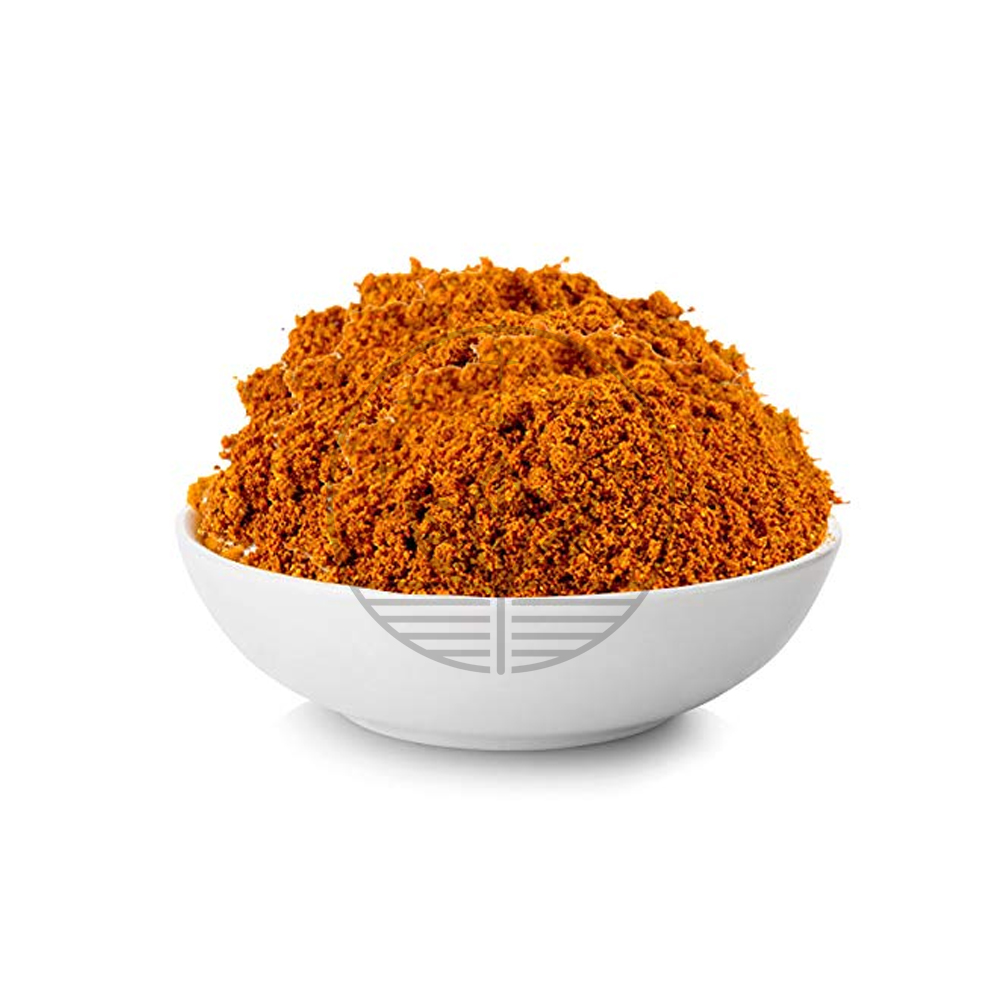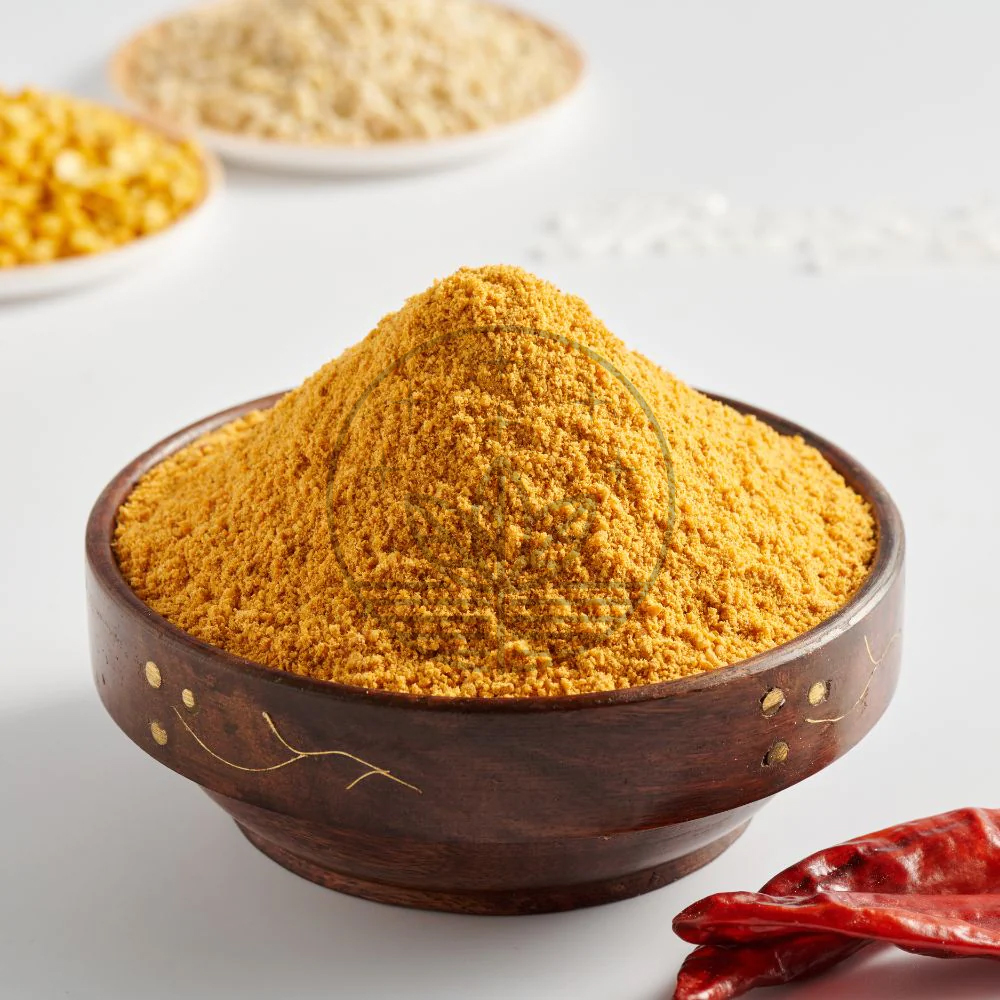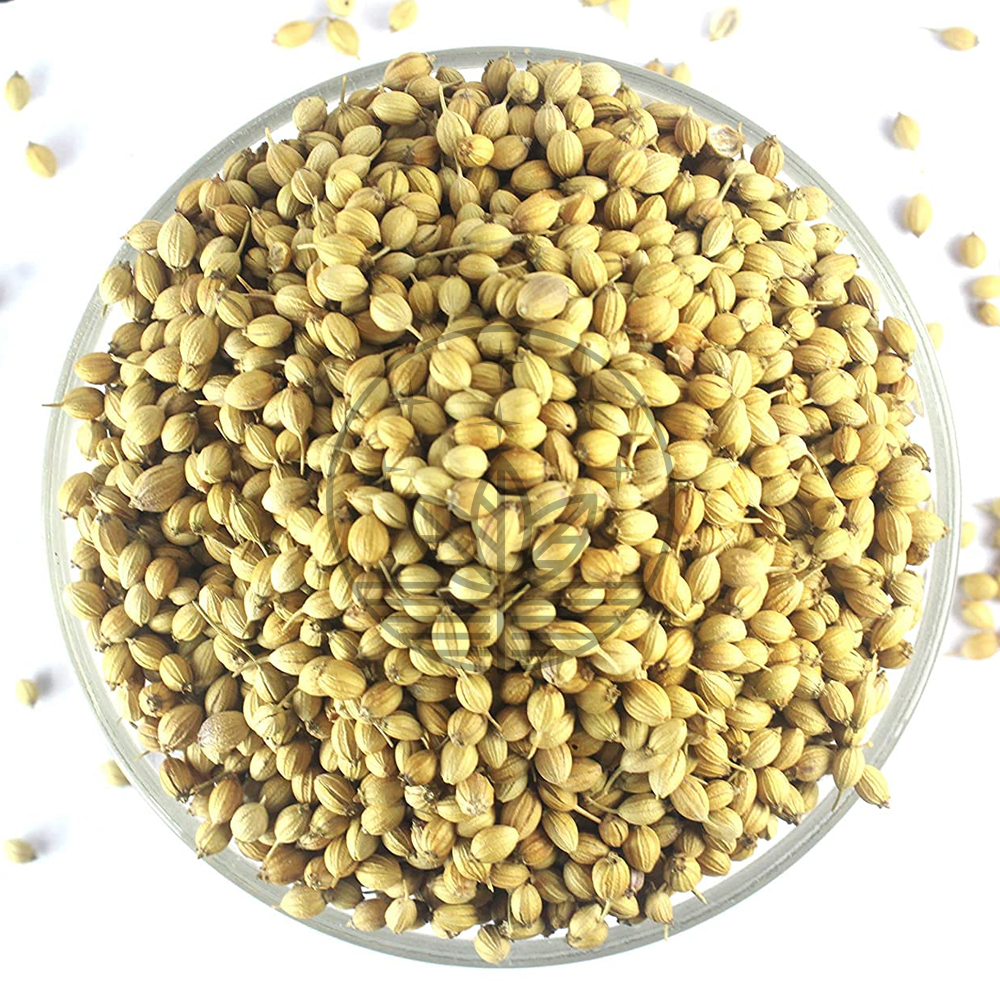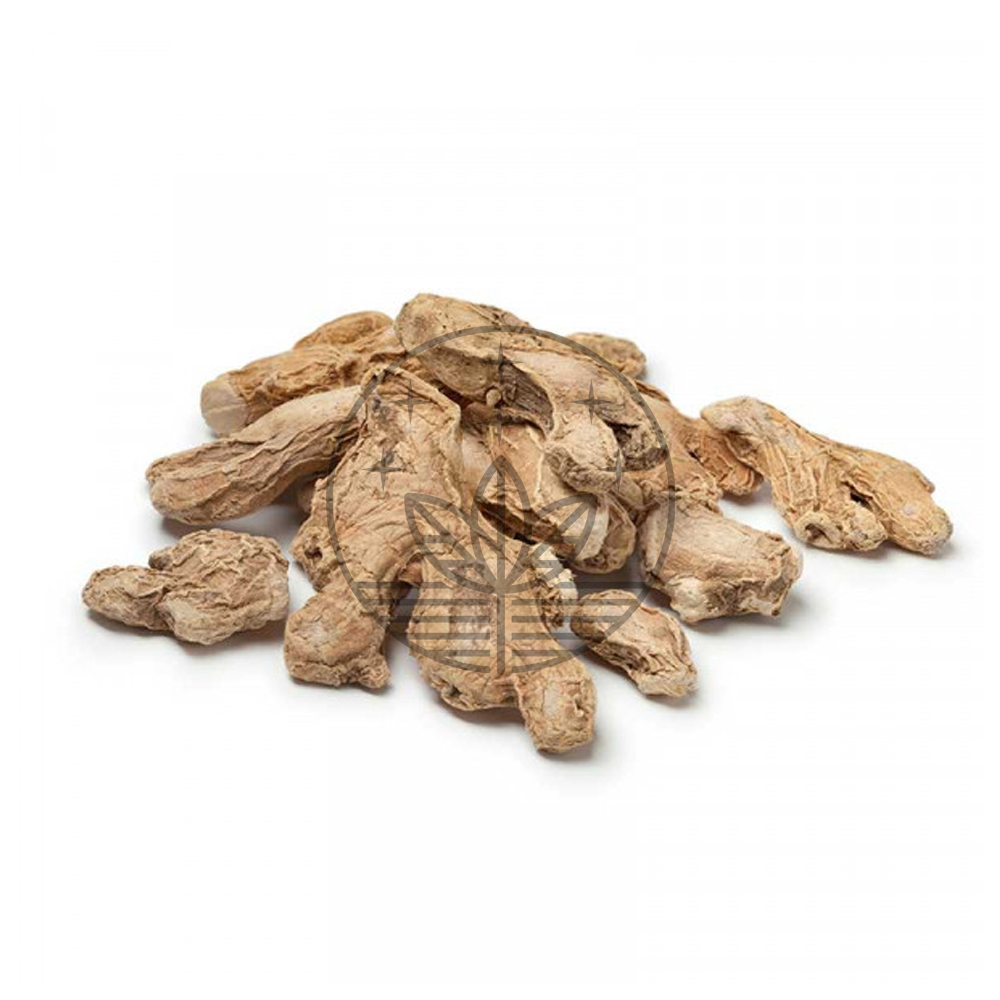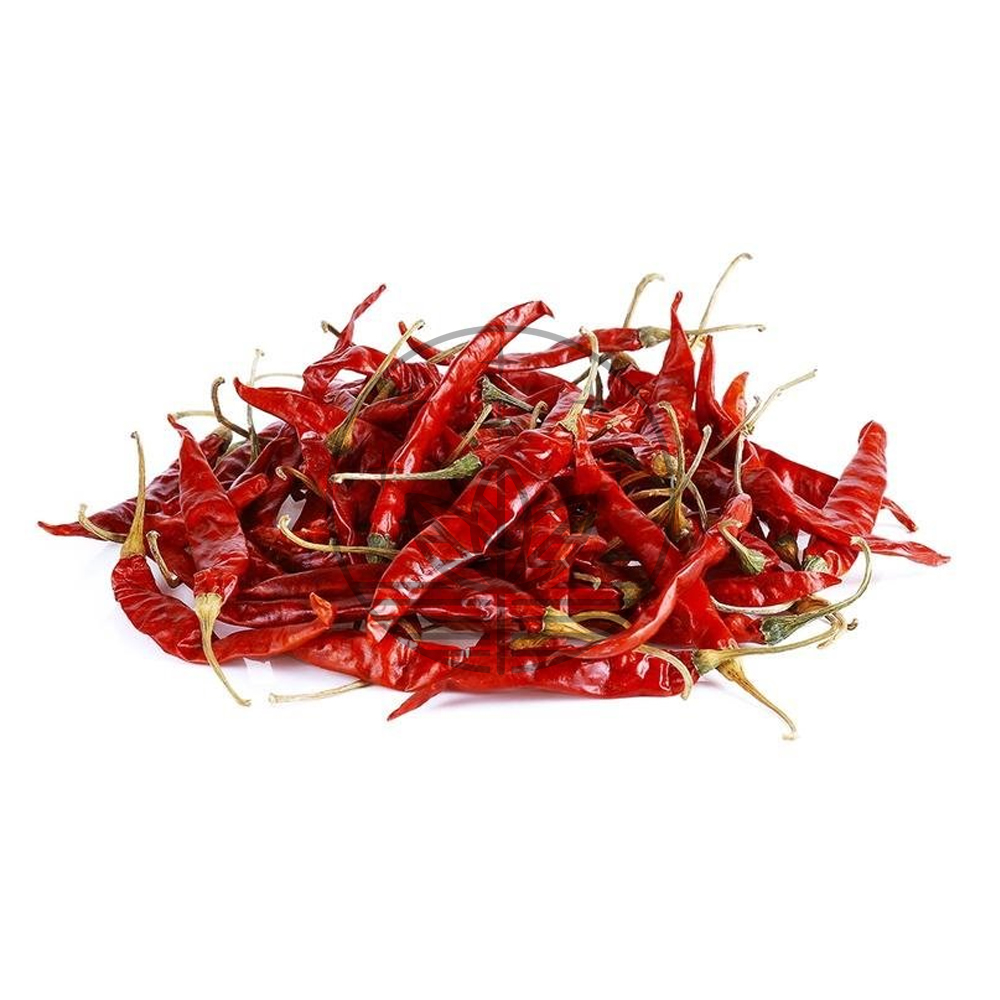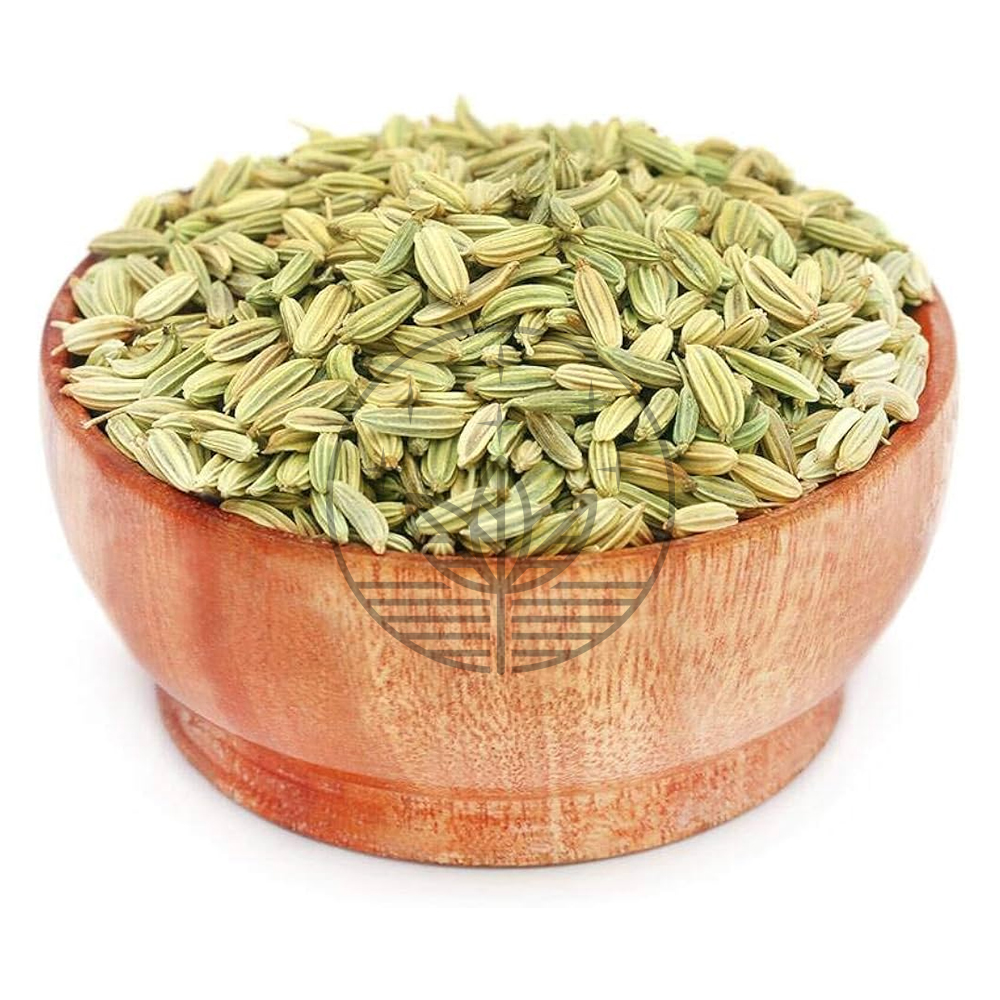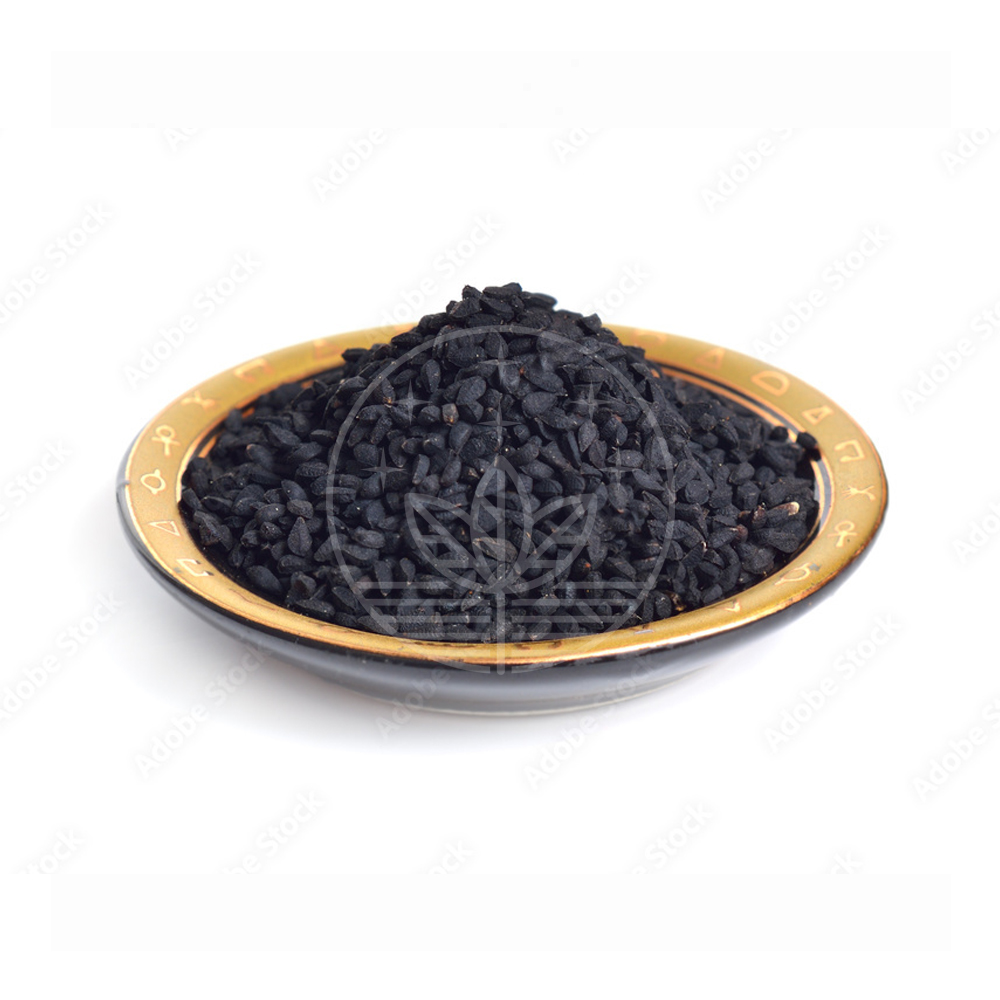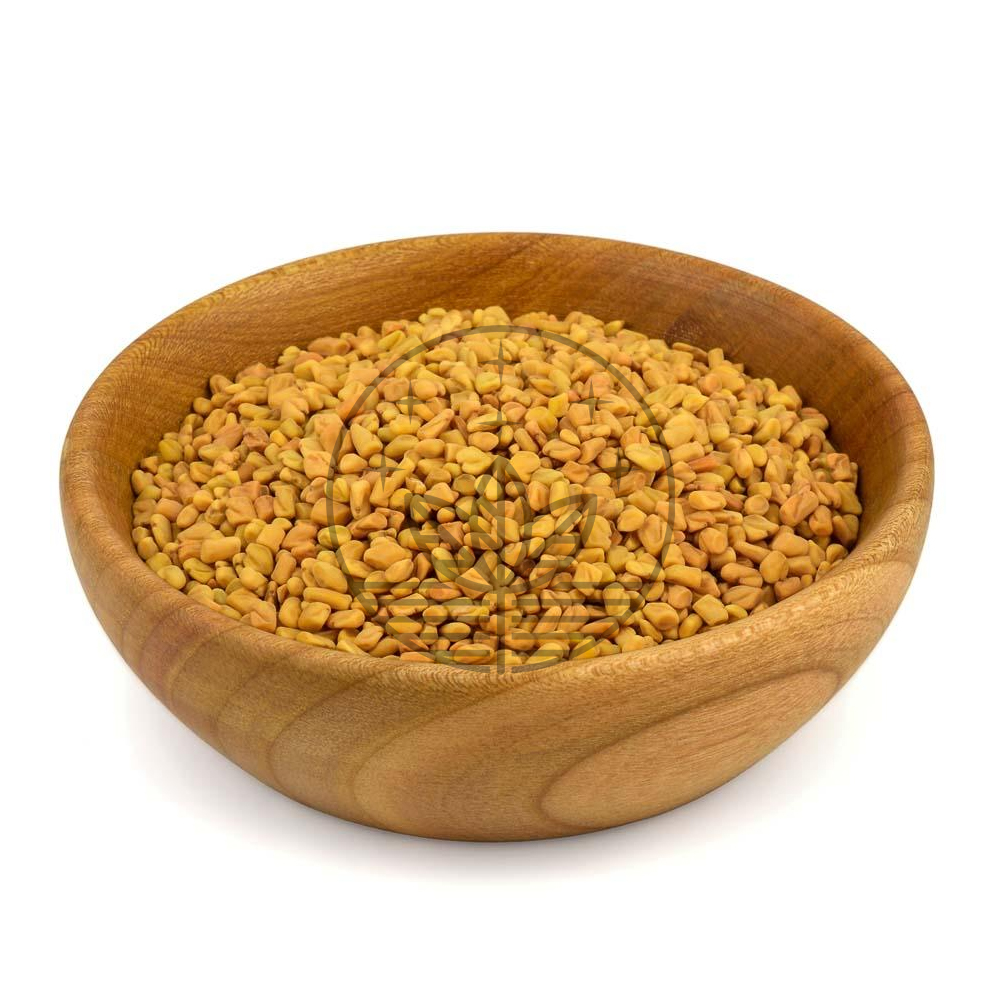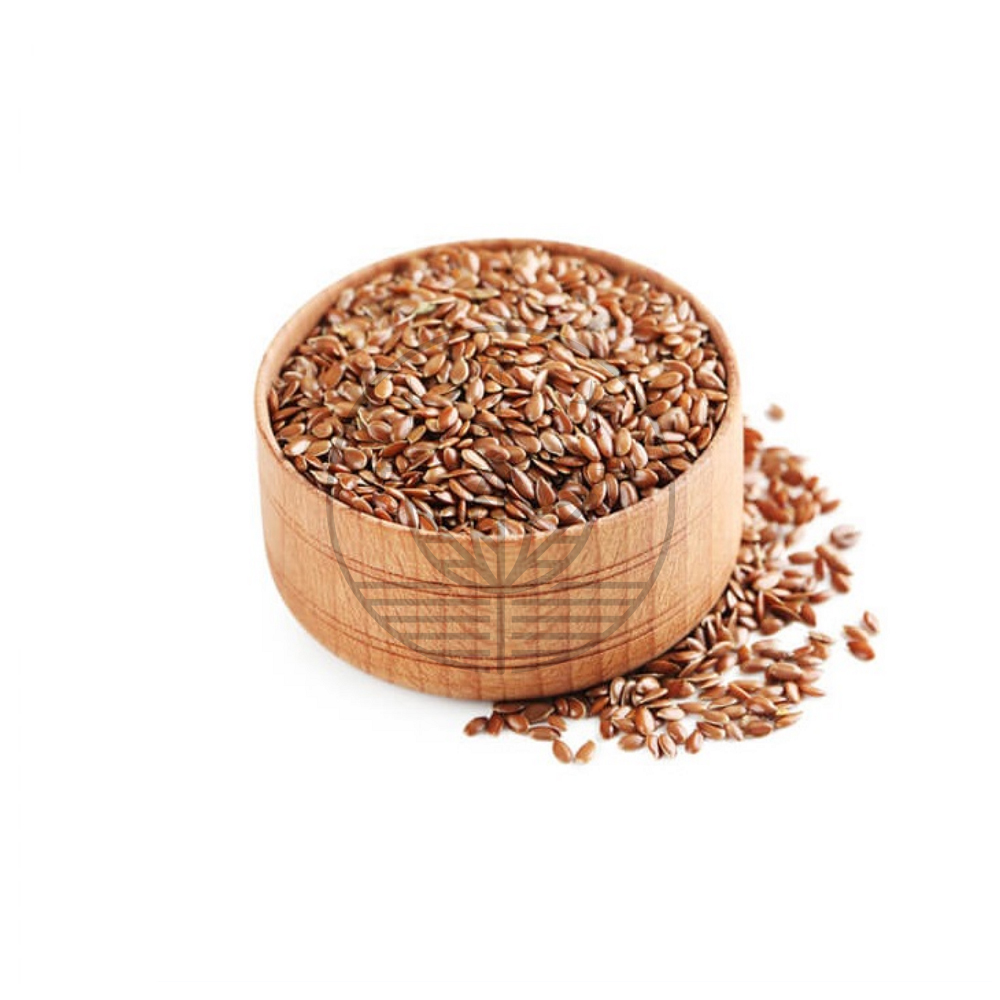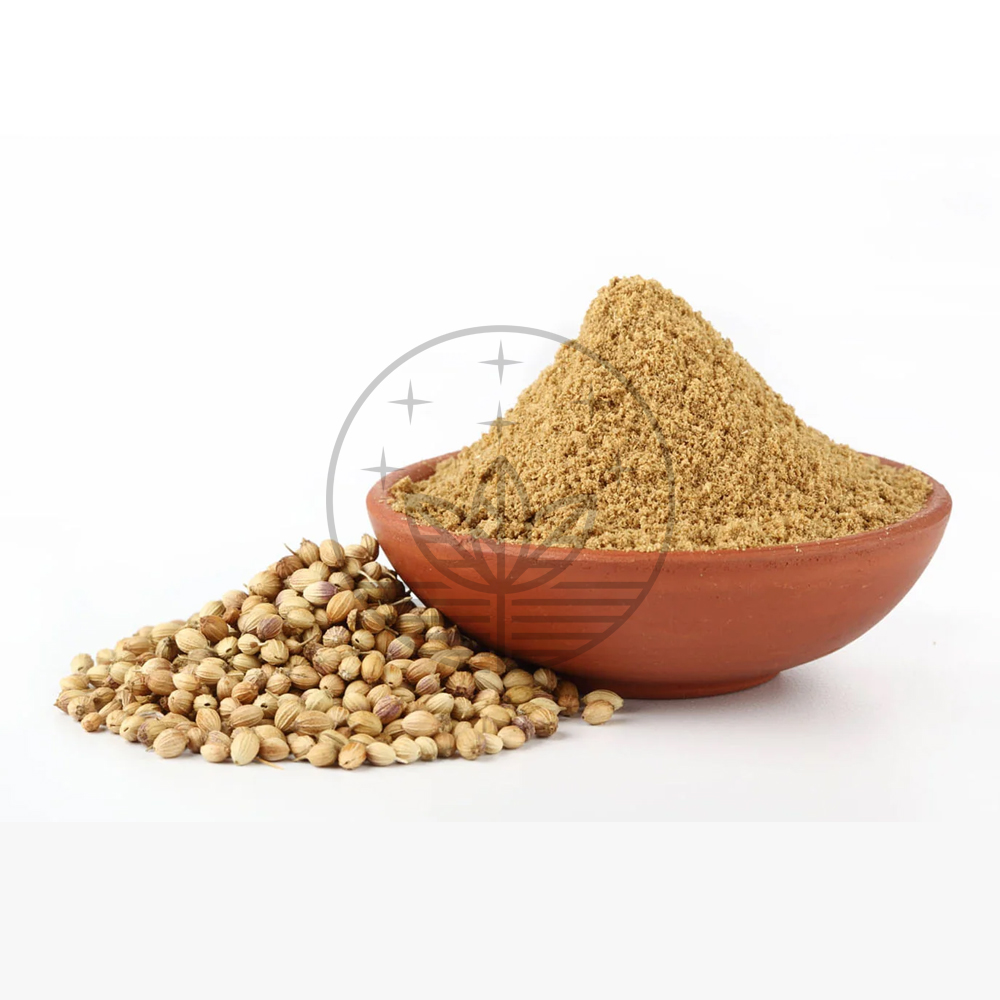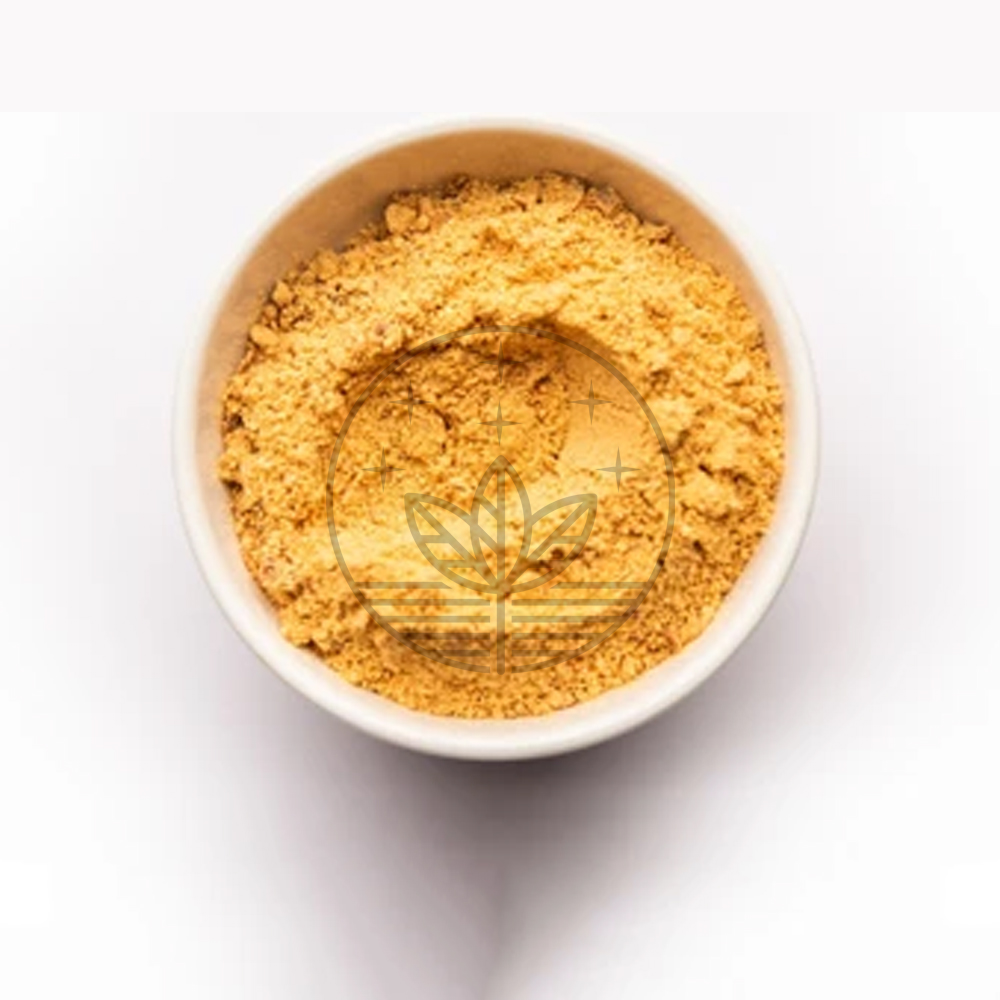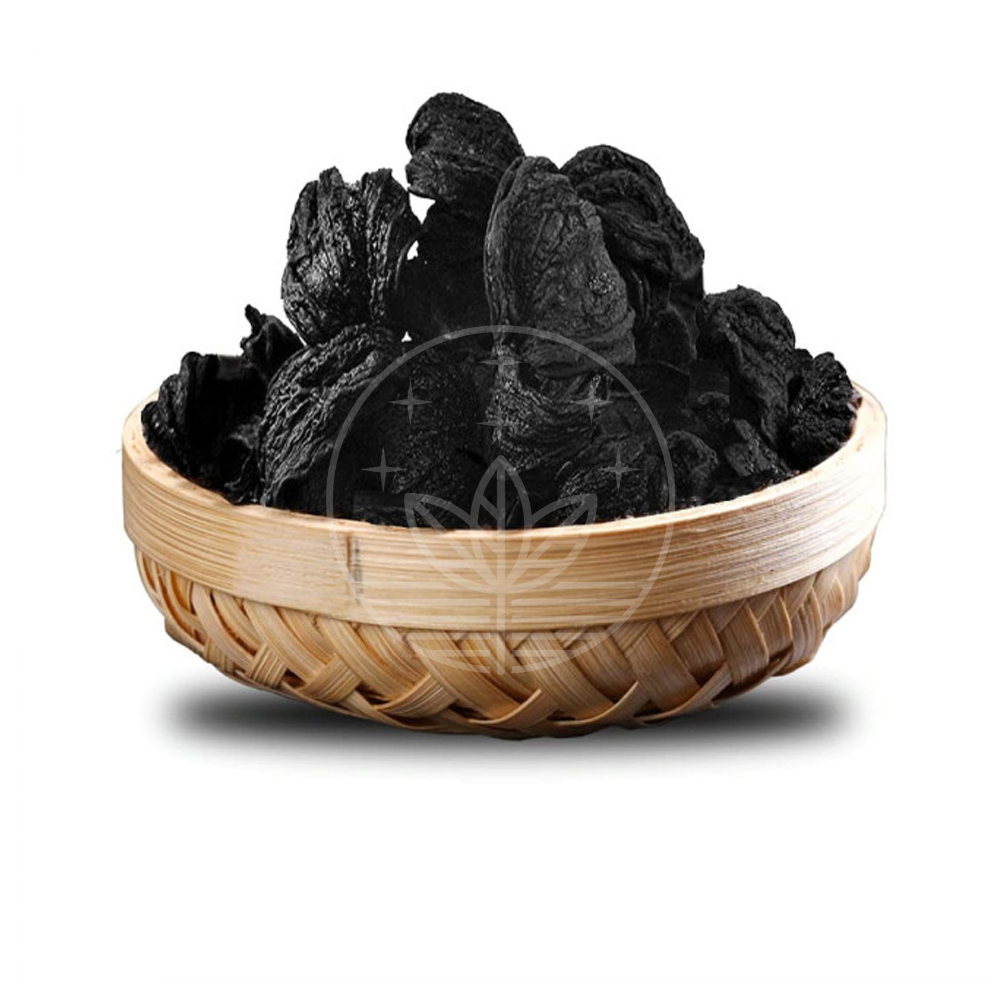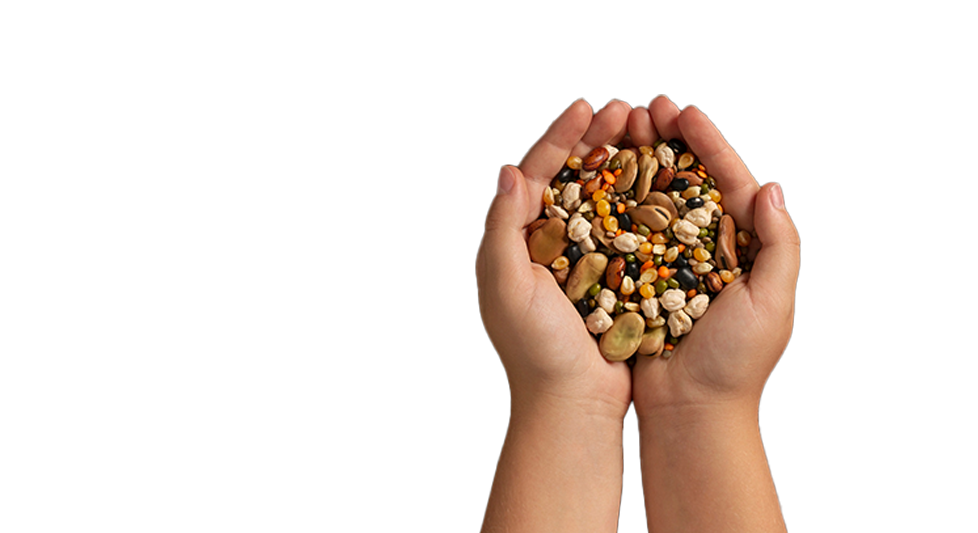-
Ajwain seeds : Ajwain seeds are most frequently used in Indian cuisines. This common spice can improve your health and is readily available in most households. Ajwain is a small, elongated fruit that looks like cumin or fennel seeds. Carom seeds have a very strong pungent flavour which makes them a unique spice. Iraq, the Middle East, and Afghanistan are the primary growing regions for the plant. Rajasthan is India’s top producer of this yield, accounting for nearly half of the nation’s total production, and all you need is a pinch of ajwain to end up making the food that you own.
-
Mustard seeds are also a good source of several vitamins, including vitamins C and K, thiamin, riboflavin, vitamin B6, and folic acid. They have a high percentage of dietary fiber and are a valuable source of several bioactive compounds such as antioxidants and polyunsaturated fatty acids.
-
Researchers are studying clove oil as a natural method for maintaining oral health due to its effect on plaque, gingivitis, and bacteria in the mouth.ResearchersTrusted Source compared the effectiveness of an herbal mouth rinse containing clove, basil, and tea tree oil with a commercially available essential oil mouth rinse.Both mouth rinses were effective against plaque and gingivitis, showing that they may help decrease oral inflammation and bacteria.The researchers also found that the mouth rinse that contained clove decreased the number of harmful bacteria more than the commercial mouth rinse.
-
Using cumin as a spice increases antioxidant intake, promotes digestion, provides iron, may improve blood sugar control and may reduce food-borne illnesses. Taking higher doses in supplement form has been linked to weight loss and improved blood cholesterol, though more research is needed.
-
Indian cuisine is much with a wide range of flavourful spices. In fact, many of the most popular spices used in Indian cooking have health benefits. Here are some of the most common spices used in Indian curry powder and the health benefits they offer:
- Turmeric is a spice that has been in use in India for ages. It is a key ingredient in curry powder and is what gives curry its characteristic yellow colour. Turmeric possesses potent antioxidant and anti-inflammatory properties that enhance cognitive function and prevent cancer.
- Cumin is another spice commonly used in curry. It has a warm, earthy flavour and can be used to add depth of flavour to dishes. Cumin is a good source of iron and other minerals, and it also contains compounds that have been shown to have antioxidant, antifungal, and antimicrobial properties.
- Cardamom is a spice with a sweet aroma. It is often used as a flavouring for desserts, but it can also be used to add flavour to savoury dishes like curry. Cardamom has traditionally been used as a digestive aid, but it also contains compounds that may help to lower blood pressure and improve blood circulation.
- Ginger is a versatile spice that can be used fresh or dried. It has a spicy, pungent flavour that adds warmth to dishes. Ginger is commonly used as a remedy for nausea, but it also has anti-inflammatory properties.
- Cloves are often used as a natural remedy for toothache due to their painkilling properties. They can also help to improve and relieve respiratory problems.
- Cinnamon is thought to regulate blood sugar levels, making it beneficial for those with diabetes. It can also help reduce inflammation and cholesterol levels, as well as boost brain function.
-
Protein is essential for muscle repair, growth, and overall body function. Rich in Fiber: The combination of lentils and rice provides a good amount of dietary fiber, which aids in digestion, promotes a healthy gut, and helps in weight management. Dhal Is Skinned And Flat Yellow Dal Which Is Simple In Food Preparation And Delicious In Serving. It Is Very Light In Digestion Compare To Other Legumes. It Is A Fine Supply For A Variety Of Minerals Vitamins And Vitamin B5.
-
The herb acts as a diuretic, which can help flush extra sodium from your system and reduce your blood pressure. Early research also suggests that coriander can help lower “bad” LDL cholesterol, reducing your risk of atherosclerosis, a form of coronary heart disease. Antioxidant-rich coriander helps boost immunity Coriander provides several antioxidants, which prevent cell damage caused by free radicals. These antioxidants have been shown to fight inflammation in the body. Antioxidant compounds include: Terpinene, quercetin, and tocopherols, which may have anticancer, immune-boosting, and neuroprotective effects (according to test-tube and animal studies). In addition, in vitro research shows that the antioxidants of coriander seed extract can reduce inflammation and slow the growth of lung and prostate cancer cells. , breast cancer and colon cancer.
-
Dry Ginger : Dry Ginger Flakes are obtained by drying the finely sliced ginger pieces in the hot sun for three to four days. It is one of the healthiest spices and contains all essential bioactive compounds that have immense benefits on both mind and body. Dry ginger relieves pain and discomfort in the stomach caused by chronic indigestion. Reduces the risk of delaying the emptying of the stomach and improves digestion. Dry ginger powder can effectively relieve cold and flu when mixed with clove powder and salt. Dry ginger powder reduces muscle pain and soreness, and is, therefore, effective in treating exercise-induced muscle pain and menstrual pains.
Usage :
Dried Ginger Flakes can be added to stews, soups, curries, casseroles and other dishes to give an aromatic flavor with dense health benefits. It is also added in preparing beverages such tea, coffee and in herbal decoctions. It is used for making candied ginger which has a long shelf life and can be consumed as a toffee to refresh mind and body. -
- Maintains blood pressure. Red chilies have a high quantity of potassium which helps to keep the blood vessels relaxed. ...
- Anti-Inflammatory effect. ...
- Maintenance of weight. ...
- Improve cognitive capability. ...
- Immunity building. ...
- Keeps skin and hair healthy. ...
- Conclusion.
-
Weight Loss Fennel seeds are sometimes marketed as a weight loss tool. There may be some truth to the claim that fennel seeds can aid in weight loss. One early study suggests that eating fennel seeds reduces appetite and significantly reduces overeating at mealtimes. For people with obesity caused by food cravings and overeating, fennel seeds could be helpful. However, further studies are needed to confirm the effect. Check with your doctor before using fennel seeds to help with weight management.
-
Black seed (Nigella sativa) is a flowering plant native to Asia and the Mediterranean. Its seed has been used to make medicine for thousands of years. Black seed might have effects in the body that help boost the immune system, fight cancer, prevent pregnancy, reduce swelling, and lessen allergic reactions by acting as an antihistamine.
People commonly use black seed for asthma, hay fever, diabetes, high blood pressure, eczema, weight loss, menstrual cramps, and many other conditions, but there is no good scientific evidence to support many of these uses. There is also no good evidence to support using black seed for COVID-19. -
Fenugreek supplements are used for many health benefits, such as improving lung function in people with asthma, boosting breast milk production, and easing menstrual cramps. Some studies have produced promising results, but more research is needed to prove fenugreek's effectiveness.
Diabetes
Two systematic reviews examined fenugreek's benefits for controlling blood glucose (sugar).According to another systematic review, fenugreek has the following effects:
- Reduced fasting (before-meal) blood sugar levels
- Lowered two hours post-prandial (after-meal) blood sugar levels
- Decreased hemoglobin A1c test (average blood sugar for the last three months)
Fenugreek has many dosage forms used in studies, including cooked leaves, raw seeds, powders, and extracts. Clinical trials have shown promise, but more studies are needed.2
High Cholesterol
The results of a systematic review suggest that fenugreek may reduce:9
- Total cholesterol levels
- Triglycerides
- Low-density lipoprotein ("bad cholesterol")
What's more, fenugreek may also increase high-density lipoprotein ("good cholesterol"). Fenugreek didn't appear to have any effect on weight. Well-designed clinical trials—especially in people with high cholesterol—are still necessary.
Breast Milk Production
Traditionally, fenugreek was used as a galactagogue, which increases breast milk production. However, the study results are mixed.4
Some evidence supports that natural galactagogues—like fenugreek—might help breastfeeding parents make more milk for their infants to achieve healthy weight.10 Well-designed studies may help evaluate the effectiveness and safety of fenugreek and other galactagogues.10
Menstrual Cramps
In a systematic review, there was limited evidence to support using supplements like fenugreek for dysmenorrhea (painful menstrual cramps). There was also little data to assess the safety of these supplements.11 More research is needed.
Polycystic Ovary Syndrome
Polycystic ovary syndrome (PCOS) is a medical condition that affects people with a uterus. In PCOS, there is too much of a specific group of sex hormones called androgens. This may result in various symptoms, including:12
- Infertility
- Irregular menstrual periods
- Ovarian cysts (sacs of fluid)
- Pelvic pain
People with PCOS are also at risk for other medical conditions, such as diabetes (high blood sugar).
MedlinePlus. Polycystic ovary syndrome.In a small clinical trial, 50 study participants took two capsules of 500 milligrams (mg) of Furocyst daily for 90 days. Furocyst is a specific fenugreek seed extract. At the end of the clinical trial, 46% of participants had smaller ovarian cysts—with an additional 36% experiencing no more cysts.
Moreover, 71% of study participants reported regular periods—while 12% became pregnant. But there were no changes in blood sugar, triglycerides, and high-density lipoprotein ("good cholesterol").
While some of the data for PCOS is promising, this clinical trial was small and more study is needed.
-
One serving of flaxseed provides protein, fiber, and omega-3 fatty acids. It may help lower the risk of some cancers, help you maintain a moderate weight, and reduce cholesterol and blood pressure.With its mild, nutty flavor and crisp, crunchy consistency, flaxseed is a versatile ingredient that can enhance the taste and texture of almost any recipe.One way to use this seed is by mixing it into my morning smoothie. It also makes an excellent addition to pancake batter, homemade veggie burgers, and even overnight oats.
-
INGREDIENTS : Ground Coriander Powder (Dhaniya Powder)is made from the roasted seeds of the coriander plant. The vitamins, minerals, and antioxidants in coriander provide significant health benefits. HOW TO USE: Coriander (Dhaniya) Powder gives a perfect aroma and colour to dishes making them taste scrumptious. Coriander powder has been a part of Indian cuisine for ages. It is widely used in Indian preparations, rasam, vegetable curries and non veg recipes . Shelf Life : 3 months in a air tight container.
-
Idli Podi is made from a mix of lentils like urad dal and chana dal, which are excellent sources of protein and fiber. These nutrients are pivotal for muscle form, digestion, and overall health. also, sesame seeds in the blend give calcium and healthy fats, contributing to stronger bones and heart health.
-
Kudampuli Malabar Tamarind, is a cherished gem of South Indian cuisine. With its unique tangy taste and multifaceted benefits, it’s no wonder this small, dark fruit holds a special place in kitchens across the region. Kodampuli.
 Français
Français 
